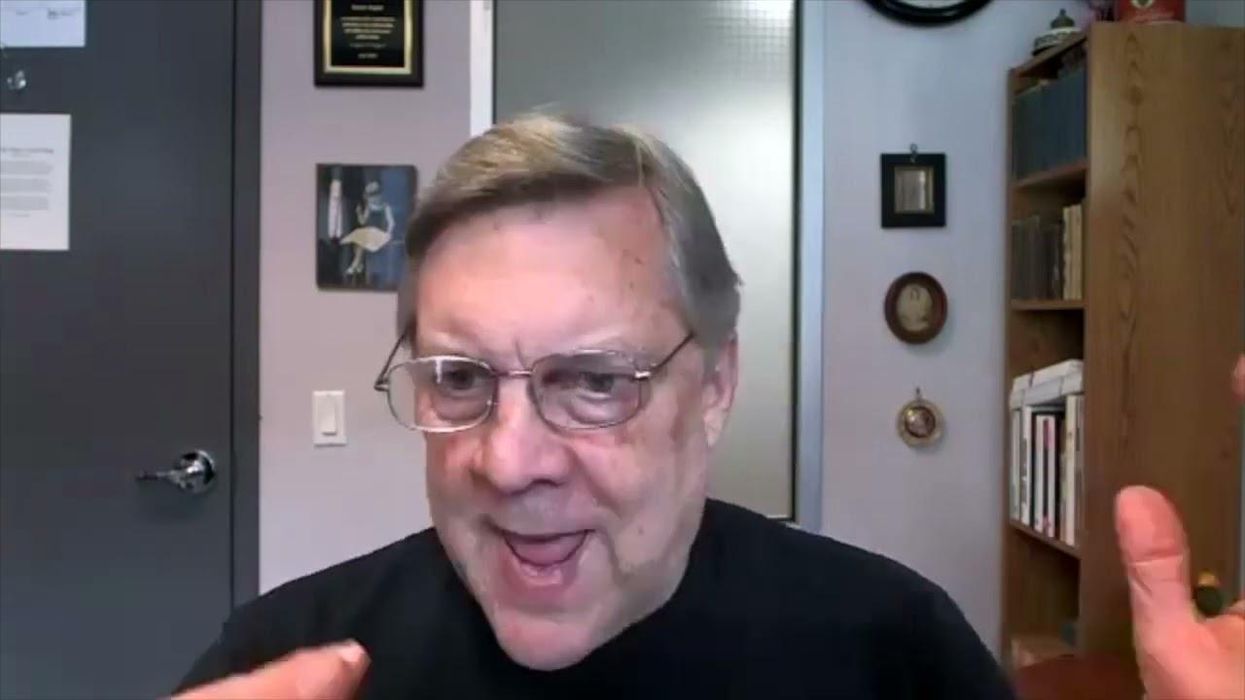Braver Angels has never been shy about engaging our nation’s most sensitive political issues. Last year, we held a public debate on the 2020 election exploring themes of voter fraud, voter suppression, and disagreements about the outcome. Recently, we hosted a podcast with a guest who claimed that the January 6th riots were incited by liberal activists working in collusion with the FBI.
After initially taking down the podcast for violating its terms on misinformation, YouTube reinstated the episode after reviewing it in the context of our larger mission. On this episode of the podcast, Ciaran O’Connor hosts David Blankenhorn, president of Braver Angels, and Jonathan Rauch, author of The Constitution of Knowledge, for a wide-ranging discussion on depolarization in the age of misinformation, bridge-building across the epistemological divide, and the Braver Angels approach to controversial content.






















Trump & Hegseth gave Mark Kelly a huge 2028 gift